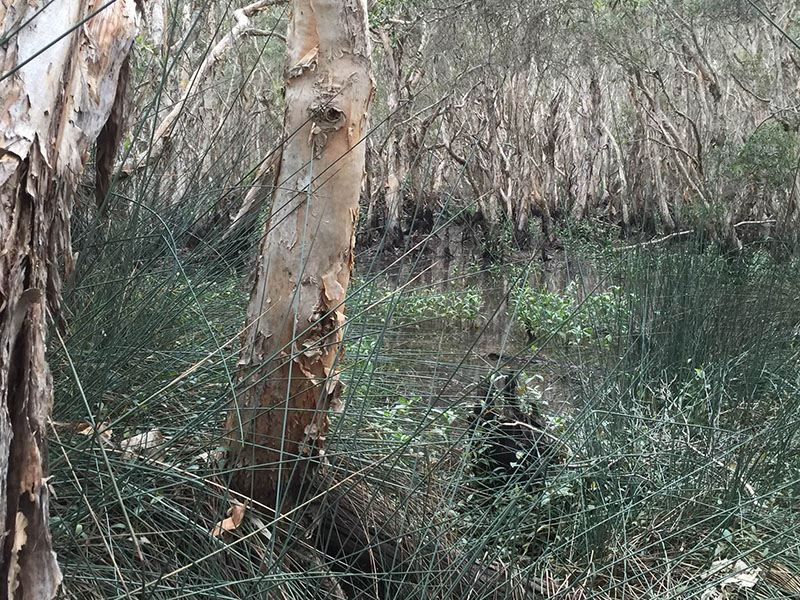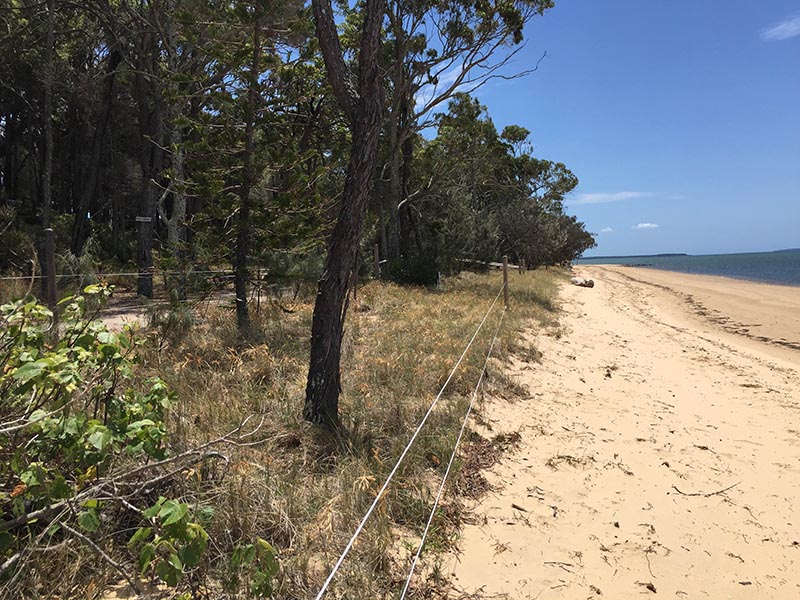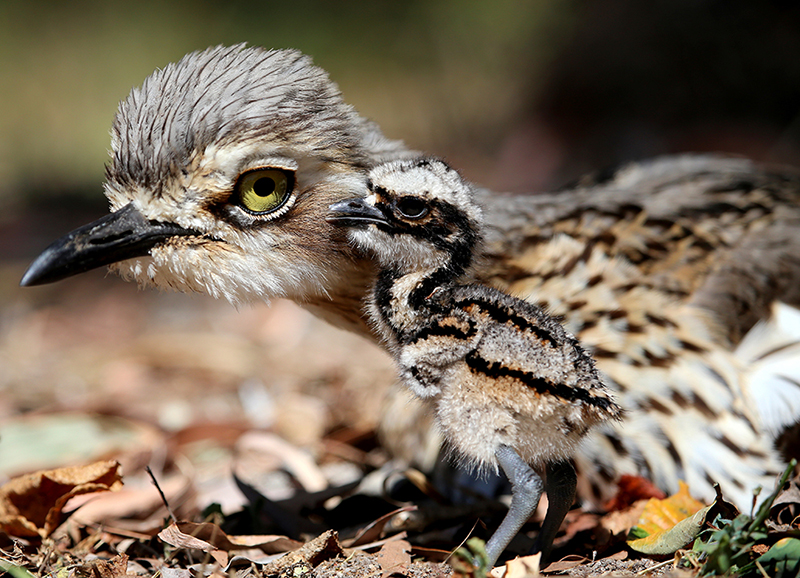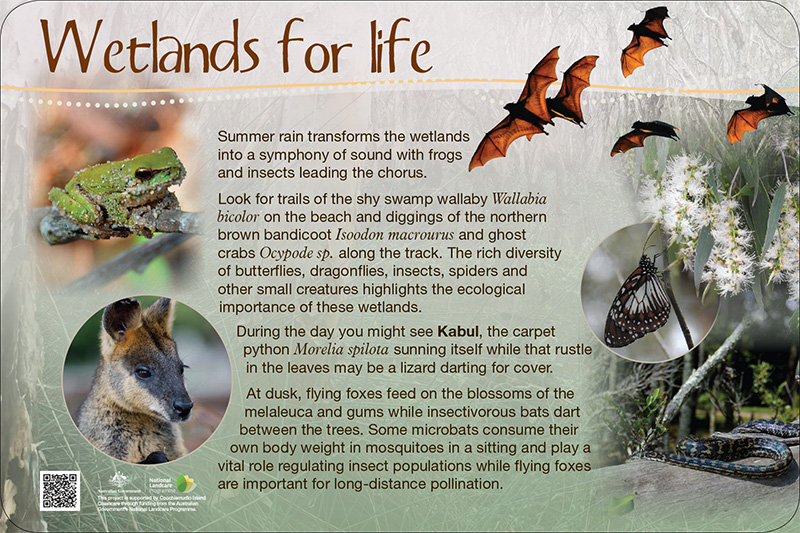Caring for our pets and protecting our native wildlife
The needs of both domestic and native animals can be met with public awareness and responsible pet management.
As of June 2023, there were 186 registered dogs on Coochiemudlo Island and this number swells on weekends and during holiday times with visitors who bring their dogs with them to the island. While we value our companion animals, native animals need protection. The health of our environment relies on the harmonious inter-relationship of all species within a given habitat.
The impact of domestic pets on native wildlife
The following information has been extracted from “Protecting our Wildlife: Responsible pet ownership” (Department of Environment and Heritage Protection, 2004).
A wide variety of native animals, ranging from the more common species like wallabies, lizards and many species of bird, to rarer or threatened species such as bandicoots and migratory shore birds are at risk from domestic pets on the island.
For example, unchecked, dogs harass and even kill native animals as they move in search of food and shelter. Cats are by nature instinctive hunters and are more likely to kill birds and lizards. Even though their human owners carefully meet their pet’s requirements for food and shelter, instinctive hunting and chasing behaviour will continue.
Even though each individual, unharnessed animal may only kill or injure a small number of native animals, it may have a bigger effect on already reduced populations.
Responsible pet ownership is the key
Responsible pet ownership allows you to enjoy the presence of native birds and animals in your surroundings as well as your pet. However, poor management of domestic animals can impact severely on animal welfare and the environment.
The responsibility for managing domestic animals rests with their owners. By encouraging responsible pet ownership in your family and neighbourhood you can ensure the welfare of all animals.
Basic compliance for pet owners
The following is an extract from “About dogs and cats” (Redland City Council, n.d.)
As a pet owner in the Redlands you are required to comply with the Queensland Government Animal Management (Cats and Dogs) Act 2008 and Council’s Local Law 2 – Animal Management (2015) by ensuring you:
- register your dog or cat at 12 weeks of age
- microchip your dog or cat before they reach 12 weeks of age (but not before they reach 8 weeks of age)
- keep no more than 2 dogs or 2 cats on any property. A third dog or cat permit is available where compassionate grounds exist for granting the approval, however, and you will need to apply for a Third Animal Permit
- keep your dog or cat in your property
- keep current registration tags attached to your dog’s collar at all times
- keep your dog’s barking to a minimum
- walk your dog on a lead, except in designated off-leash areas
- carry a bag or container and pick up your dog’s droppings when in a public place. On-the-spot fines apply
- prevent your dog from attacking or frightening people or animals.
The following is an extract from “Protecting our Wildlife: Responsible pet ownership” (Department of Environment and Heritage Protection, 2004)
What is responsible ownership of pets?
Responsible ownership of pets means:
- helping to reduce unwanted animals, many of which become strays and cause great damage to native animals. If you can no longer look after your pet, take time to find them a happy new home, or take them to the RSPCA. Report suspected neglect and cruelty of uncontrolled animals.
- following the signs and don’t release animals into the bush or reserves.
- providing a proper enclosure and preventing your animal/s from wandering.
- ensuring your dog(s) are kept under control because dogs, in particular, disturb shorebirds when on beaches,. Put dogs on leashes at all times where native animals are likely to be vulnerable. Don’t take dogs onto the beaches (except where allowed on the dog off-leash area). Keep your dog confined in the backyard, particularly when you are not there.
- keeping cats inside. Even well fed cats roaming at night hunt and kill possums and other small native mammals while birds are often targets at dawn and dusk when they are most active. It will also protect the cat from fights and possible infection and disease, and reduces the risk of your cat being run over.





